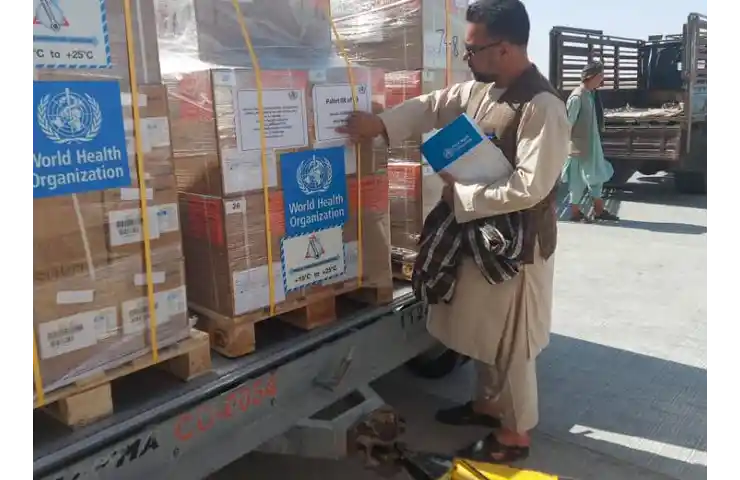The war-torn country, which has seen a takeover by the Taliban militant group, could run out of food by the end of this month. Ramiz Alakbarov, Deputy Special Representative and Humanitarian Coordinator in Afghanistan, warned that more than half of children under the age of five are suffering from extreme malnutrition and more than one-third citizens do not have enough to eat.
Alakbarov said: “It is extremely important that we prevent Afghanistan from descending into a further humanitarian catastrophe by taking the necessary steps to provide essential items which this country needs right now. And that is to support food, health and protection services, and non-food items, to those who are in extreme need".
The dire statement by the senior UN official points out to the massive governance challenges that confront the Taliban, which has spent the last two decades fighting an elected government.
The UN agencies after coordinating with numerous countries have been successful in arranging medical supplies for the war-weary Afghan population. The first flight of essential and emergency medicines arrived in the northern Afghan town of Mazar-i-Sharif earlier this week.
Food trucks also have been brought from the Pakistan border. Despite this, Alakbarov said that the World Food Programme (WFP) could run out of stocks by September-end. This situation could aggravate in the coming winter months.
He added: “For us to keep the current demand, we need at least $200 million only for the food sector, to be able to provide food to the most vulnerable. And those most vulnerable are children”.
Alakbarov highlighted that the international community will have to help in raising resources and providing food security.
Even before the conflict intensified this year due to the Taliban offensive, half of Afghanistan's population of nearly 18 million people was dependent on emergency aid.
After the last emergency evacuation flight departed from the Hamid Karzai International Airport (HKIA) Kabul, the UN asserted that it will stay back to provide humanitarian aid to the people.
In a tweet on Wednesday, UN Secretary-General António Guterres said: "Our commitment to the people of Afghanistan will not waver. Yesterday we airlifted 12.5 metric tons of medical supplies into the country. The international community must help ensure humanitarian workers have the funding, access & legal safeguards they need to do their work".
He added: "A humanitarian catastrophe looms in Afghanistan. Almost half of the population need humanitarian assistance. 1 in 3 don’t know where their next meal will come from. Now more than ever, Afghan children, women & men need the support & solidarity of the international community".
The UN Refugee Agency has estimated that 3.5 million Afghans have been displaced due to the conflict. It has appealed to the neighbouring countries to keep the borders open so that Afghans who want to leave the country can migrate.
With the situation in Afghanistan still foggy under the Taliban, the international community is worried about girls and women, who continue to be vulnerable.
However, Alakbarov said the Taliban has provided assurances with regards to women rights, including the degree to which women may be allowed to work. He said that this also varies from place to place. In some places, Taliban has allowed women humanitarians to return to their jobs in health and education, while in others “we have not received that possibility”.
The UN is batting on a number of fronts in Afghanistan–food security, health and medical supplies as well as ensuring that people feel secure under the Taliban.
Alakbarov added that the UN is advocating strongly with the Taliban on gender equality and staff safety.



















